In kitchen and bathroom design, terminology can vary significantly across regions. Two such terms, Countertops vs Worktops, are often used interchangeably but have distinct regional preferences. This article delves into the nuances between these terms, their usage in the UK and the US, and how understanding this can aid in making informed choices for your home.
Understanding the Basics
What is a Countertop?
In the United States, a countertop refers to the horizontal surface in kitchens and bathrooms used for daily tasks such as cooking and washing. It is both functional and aesthetic.
What is a Worktop?
In the United Kingdom, this same surface is referred to as a worktop. The term underscores its utility-focused role in the kitchen or workspace.
Why the Difference?
This difference is largely linguistic. The term “worktop” is the norm in British English, while “countertop” dominates in American English. Despite the terminology, both describe the same component. When discussing Countertops and Worktops, it’s important to recognise that the materials, design choices, and uses are essentially identical.
Materials That Matter
Popular Surface Materials
Regardless of terminology, the material options are the same:
- Quartz: Durable, non-porous, and stylish.
- Granite: Natural stone with unique veining.
- Marble: Timeless luxury but needs maintenance.
- Ceramic: Resistant to heat and easy to clean.
- Limestone: Elegant and classic, perfect for traditional designs.
Design & Customisation
Aesthetic Considerations
- Colour Palette: Choose tones that complement cabinetry and walls.
- Patterns & Texture: Veining or flecked materials add character.
- Finishes: Options like polished, matte, or leathered surfaces.
Edge Profiles and Thickness
- Rounded, bevelled, and ogee edges change the look dramatically.
- Thicker slabs make bold visual statements.
Whether you refer to them as Countertops or Worktops, the design details greatly influence the overall look of your space.
Installation Details
Professional fitting is vital for both aesthetics and durability. Imperial Worktops provides tailored installation services, ensuring a seamless finish and expert precision, regardless of your preferred terminology in the Countertops vs Worktops discussion.
Functional Use Across Spaces
Not Just for Kitchens
- Bathrooms: Vanity tops that are water-resistant and elegant.
- Utility Rooms: Tough surfaces for laundry and cleaning stations.
- Home Offices and Commercial Spaces: Durable, stylish desks and surfaces.
As people explore Countertops vs Worktops, it becomes clear these surfaces play a versatile role in every part of the home.
Maintenance Tips
- Clean daily with a mild detergent.
- Seal porous materials like granite and marble annually.
- Avoid abrasive sponges to preserve the finish.
Both Countertops and Worktops require routine care to stay looking new and to ensure long-term durability.
Latest Trends in Surface Design
Eco-Friendly Innovations
Sustainable worktops are gaining popularity, like recycled stone composites or ethically sourced quartz.
Bold and Colourful Choices
People are moving away from neutrals, opting for bold greens, blues, and dark marbles.
Integrated Functionality
Worktops with integrated sinks, hidden charging stations, and even induction hobs are trending.
Whether you’re choosing between Countertops vs Worktops, these trends apply universally to modern design choices.
Conclusion: It Is All About the Surface
Understanding the difference between Countertops vs Worktops helps clear regional confusion and makes international communication in design smoother. No matter what you call them, these surfaces are vital to your home’s functionality and beauty.
Explore the finest options and expert craftsmanship at Imperial Worktops, where style meets substance for every space, be it Countertops or Worktops.
FAQs
Q1: Are countertops and worktops different?
Only in terminology, functionally they are the same.
Q2: Can you use “countertop” in the UK?
Yes, it is understood, though “worktop” is more commonly used.
Q3: What is the best worktop for heavy use?
Quartz is ideal due to its durability and low maintenance.
Q4: Do all materials need sealing?
No, quartz does not need any kind of sealing but granite and marble usually do.
Q5: Can I install it myself?
While possible, professional installation ensures longevity and precision.
Q6: What is the best finish for modern kitchens?
Matte and leather finishes are popular in contemporary design.
